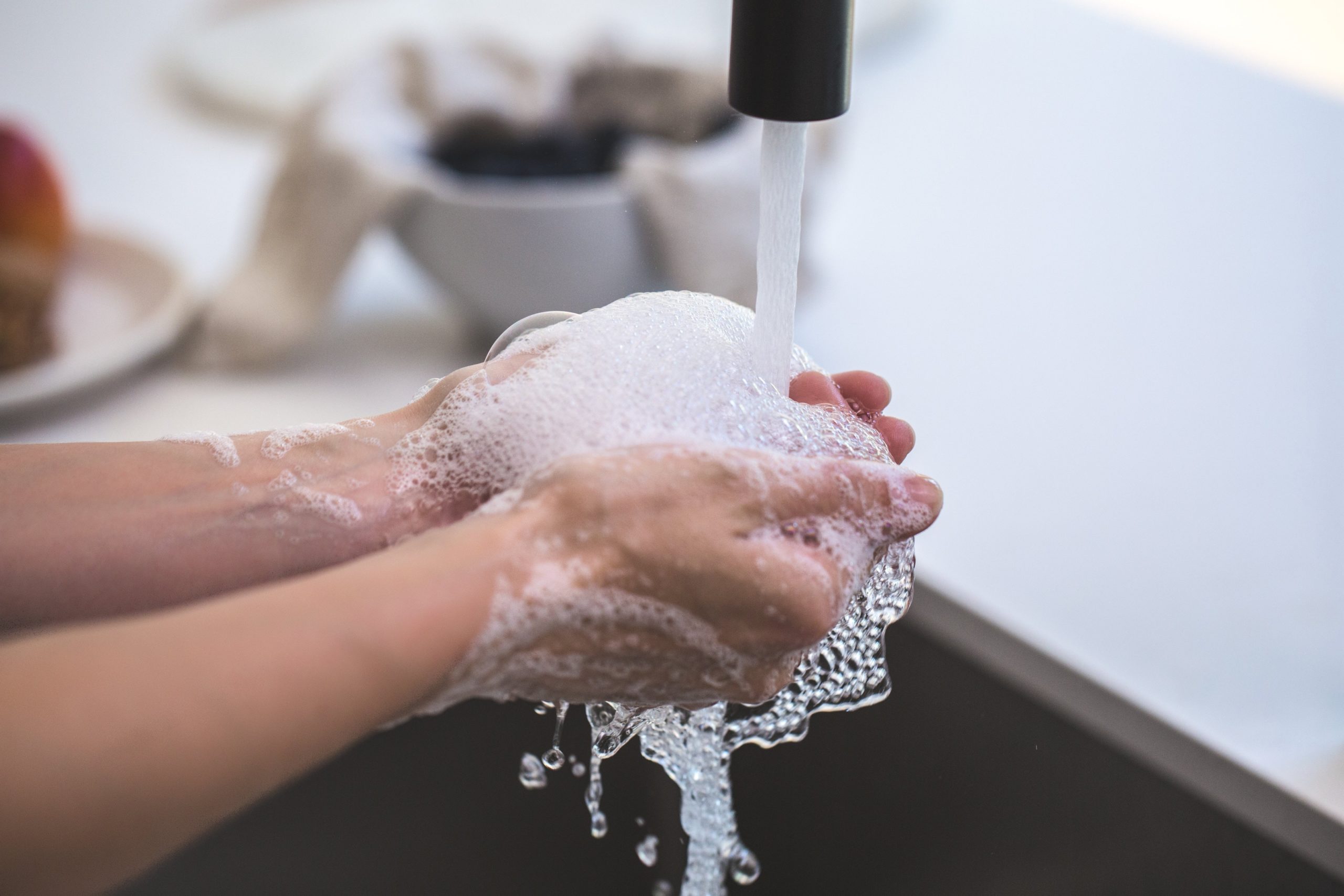How to Stay Safe and Healthy During COVID-19
By: Kristin Knight
Hopefully, you’re all somewhere safe, either back at home with your families or here in Winston. I think it’s fair to say that this isn’t how any of us predicted the semester to turn out. However, now that this is our reality, it’s important that we all stay informed and take the necessary steps toward protecting ourselves and others.

According to the World Health Organization (WHO), there were 294,110 confirmed cases and 12,944 confirmed deaths as of March 22. So far, 186 countries, areas, or territories have been affected by this virus. While this information can be overwhelming, or scary, it’s important that we take this disease seriously.
How to prepare
Stay up-to-date on the situation in your area. Watch local news so you know what’s still open in your town, where to go if you think you need to be tested, and how local officials are responding. Pay close attention to national news as well; many aspects of our society will be changing in the coming weeks and it’s important to be informed.
Stock up, but don’t be greedy. You don’t need a lifetime supply of toilet paper or canned soup. Get enough for a few months, and leave the rest for others. Now, more than ever is the time to come together as a community rather than acting selfishly. The Centers of Disease Control and Prevention (CDC) also recommends having at least a two-week supply of prescription and over the counter medications.
Know the symptoms
According to the CDC, symptoms of COVID-19 include fever, cough, and shortness of breath which may appear 2-14 days after exposure. The CDC has a Coronavirus Self-Checker on their website if you’re unsure about your symptoms. If you think you may have COVID-19, both Mayo Clinic and the CDC recommend calling your healthcare provider before going into a clinic or urgent care. There are specific testing sites and it’s important that you know where to go before you risk infecting others.
Protect yourself and your family
The best way not to get sick is to avoid coming in contact with the virus. In other words: stay home. If you do need to leave the house, make sure you practice good hygiene and social distancing (at least 6 feet between you and others). Keep your hands off your face and make sure to use an alcohol-based hand sanitizer or wash your hands with soap and water as frequently as possible. Personally, I keep a bottle of Clorox wipes in my car, so I can wipe off my hands and steering wheel as soon as I get in. Check out our past blog for more tips on how not to get sick.
If you are sick, it’s especially important that you stay home. If you live with others, wear a face mask to avoid contaminating them. People taking care of you should wear masks as well. Cough and sneeze either into a tissue or the bend of your elbow. Immediately throw out the dirty tissue and wash your hands to stop the spread of germs. Whether or not you’re sick, make sure to disinfect frequently touched surfaces daily. This includes countertops, light switches, doorknobs, faucets, and even your cell phone.
You’re not invincible
While COVID-19 seems to have a more severe effect on older people, that doesn’t mean young people can’t be affected and the reality is, there’s still a lot to learn about this disease. In a live press conference on March 20, WHO Director-General, Tedros Adhanom Ghebreyesus, said: “Today I have a message for young people: You’re not invincible; this virus could put you in [the] hospital for weeks or even kill you. Even if you don’t get sick, the choices you make about where you go could be the difference between life and death for someone else.”
I cannot stress enough how important it is to take this situation seriously. Please act responsibly, Deacs. Stay home, practice good hygiene, and most importantly, stay safe. For more information, visit the CDC website or Wake Forest’s own COVID-19 website.
Follow Campus Rec on Facebook and Instagram for more content!
